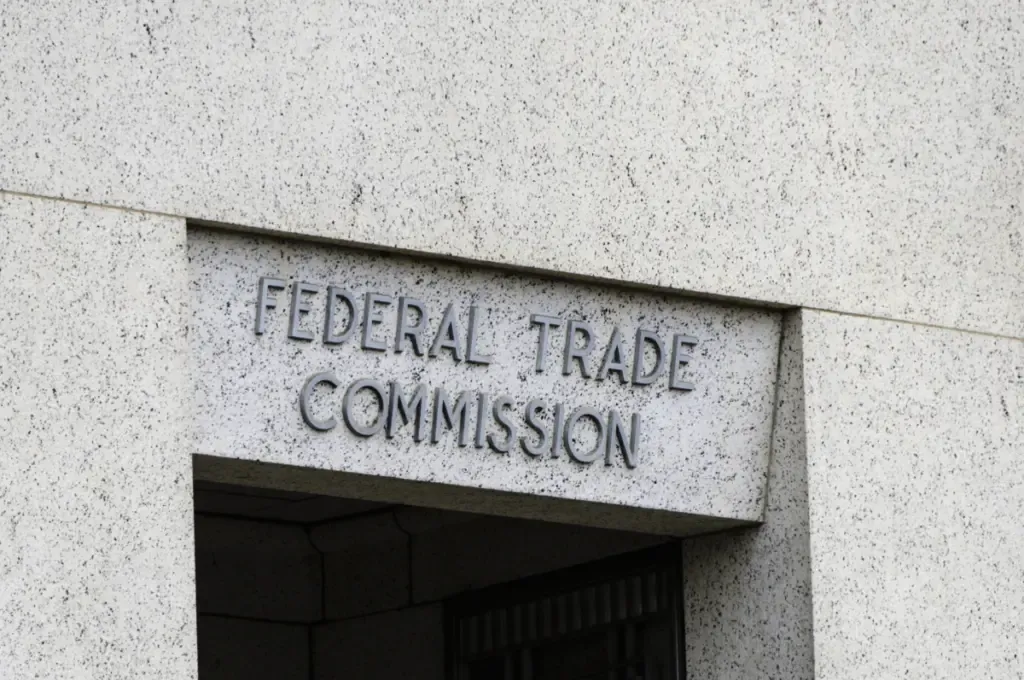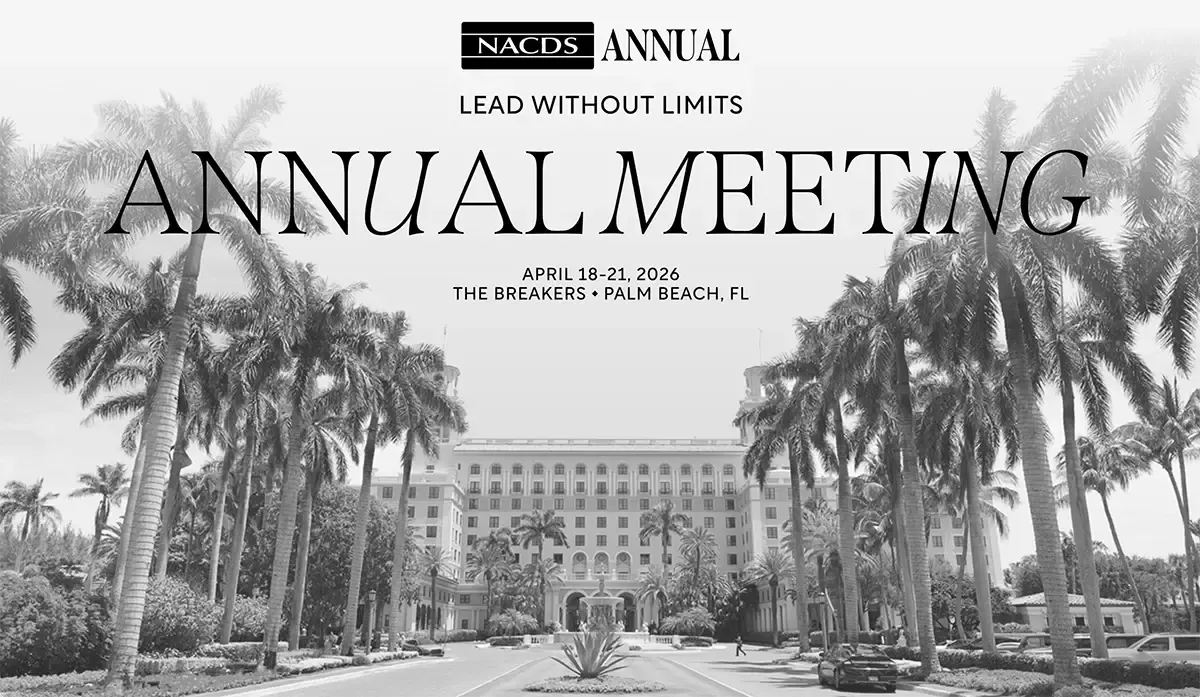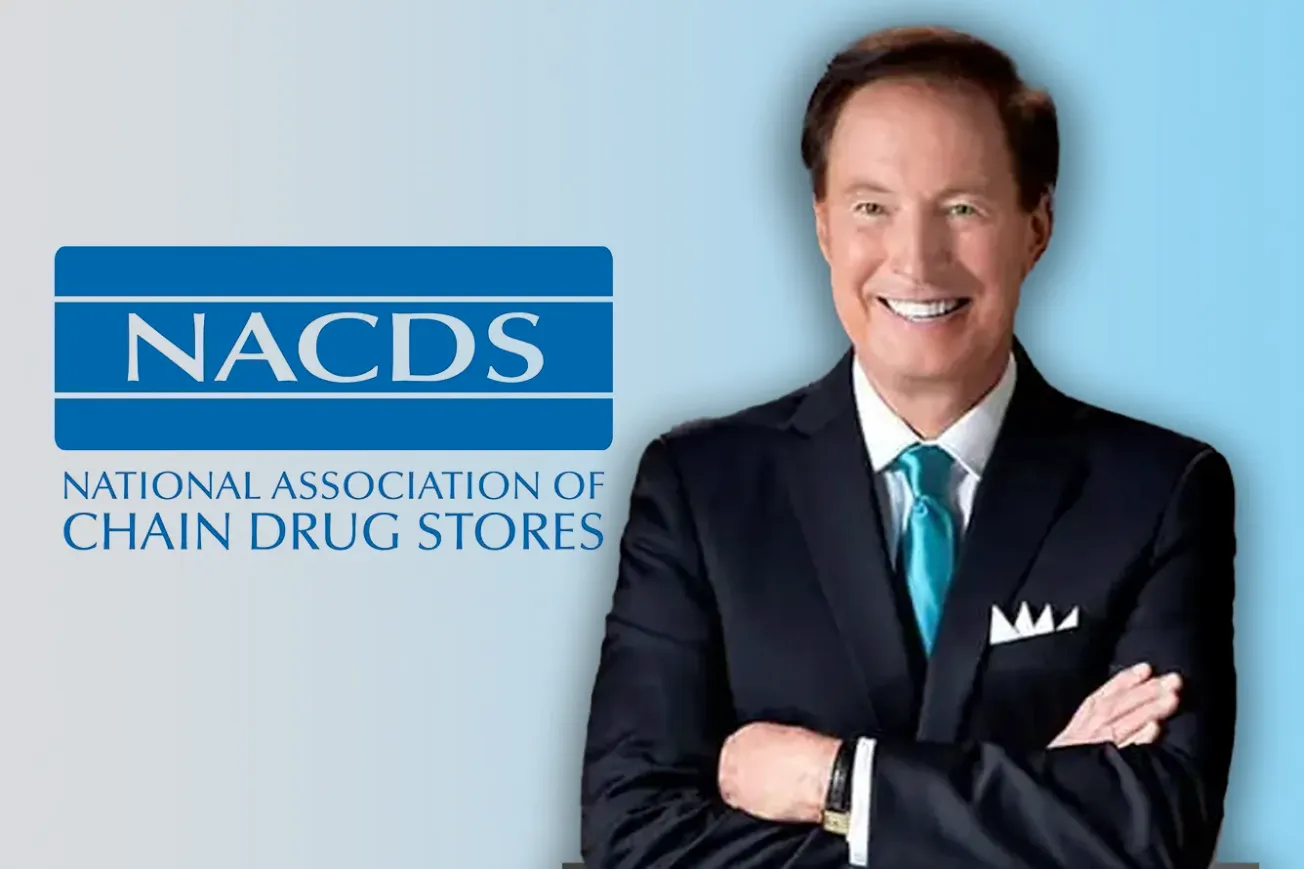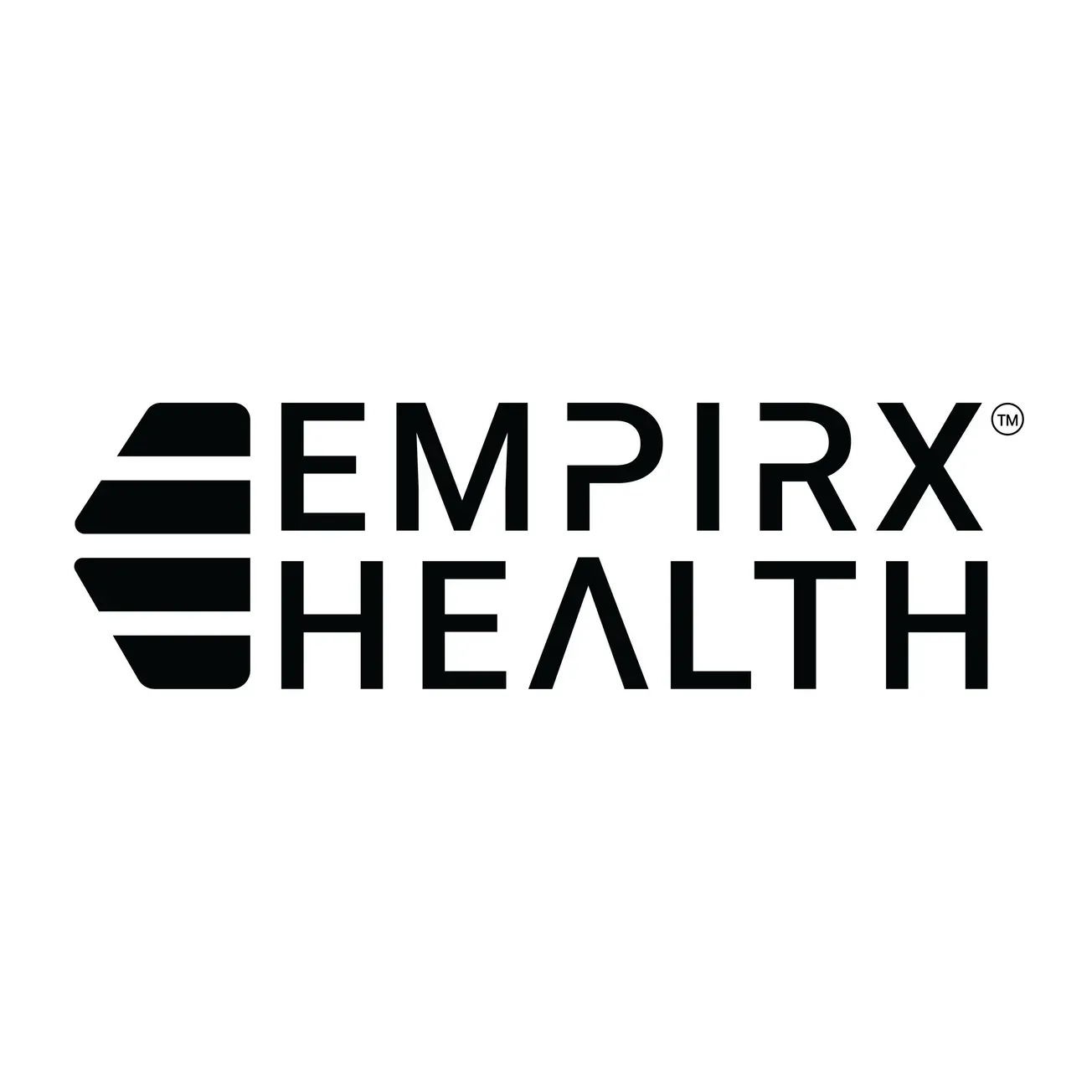WASHINGTON — The Federal Trade Commission is suing Express Scripts, Caremark and Optum Rx, the three largest pharmacy benefit managers in the U.S., over their alleged role in inflating the cost of insulin.
This move comes after a lawsuit filed in federal court in Missouri by Express Scripts by Evernorth, a subsidiary of the Cigna Group, demanded that the FTC retract its July 2024 report, which it says is filled with false and misleading claims about the PBM industry and fails to serve the interests of American consumers.
The agency’s complaint filed Friday alleges CVS’ Caremark, Cigna’s Express Scripts and UnitedHealth’s Optum Rx steered patients toward higher-priced insulin to bring in larger rebates from pharmaceutical manufacturers.
As a result, the list price of insulin rose and patients who weren’t eligible for discounted drugs faced higher costs, while the PBMs raked in billions of dollars in rebates, the FTC alleges.
The long-awaited lawsuit comes amid rising tensions between the drug supply chain middlemen and lawmakers and regulators looking to crack down on sky-high U.S. drug prices.
In a statement, Rahul Rao, the deputy director of the FTC’s Bureau of Competition, called Caremark, Express Scripts and Optum Rx “medication gatekeepers” that “extracted millions of dollars off the backs of patients who need life-saving medications.”
“The FTC’s administrative action seeks to put an end to the Big Three PBMs’ exploitative conduct,” Rao continued.
The lawsuit also includes the company’s group purchasing organizations. Emisar Pharma Services is owned by UnitedHealth, Ascent Health Services by Cigna, and Zinc Health Services is controlled by CVS Health.
The National Community Pharmacists Association issued the following statement from chief executive officer B. Douglas Hoey in response to the lawsuit: “One of the many ways that PBMs manipulate the system against patients, taxpayers and small pharmacies is the rebate game. The PBMs determine which drugs are covered by health insurance plans. They get bigger rebates for the most expensive drugs. Naturally, the most expensive drugs end up on the formularies even when there are cheaper alternatives. Patients end up paying more. Employers end up paying more. Taxpayers end up paying more. And more small business pharmacies are driven out of business. The rebates create a powerful incentive for higher drug prices, which is completely upside-down. We are very pleased that the FTC is seeking to end that practice.”
“APhA and our member pharmacists have known about the highly corrupt practices of PBMs for years, and APhA alerted our members in July of potential action by FTC,” said Michael Hogue, executive vice president and CEO of APhA (American Pharmacists Association). “The two-year investigation tells us what we already know — PBMs must be held accountable for the immense pain they have caused patients across the country. This is a huge win for patients, who should never be in a position of paying inflated prices at the counter to feed PBMs’ addiction to profits at the expense of hardworking trusted community pharmacists.”
The National Grocers Association (NGA) also commended the FTC for bringing the lawsuit. The association issued the following statement: “Community pharmacies have been decimated by abusive PBM market practices that have left thousands of communities without access to life-altering and life-saving medications. This lawsuit is a significant first step to addressing drug rebate schemes that enrich PBMs while harming retail pharmacy competition.
“In recent years, independent grocers have been forced to shut down or sell their pharmacy businesses due to the destructive influence of PBMs. The few still left in operation are generally unprofitable, with grocers bearing the financial burden of running pharmacies because of their steadfast commitment to the local communities that they serve.
“NGA will continue to monitor this lawsuit as it moves forward and advocate on behalf of our independent grocers, who continue to be at the heart of our nation’s communities.”
David Whitrap, vice president of external affairs at CVS Health issued the following statement:
“CVS Caremark is proud of the work we have done to make insulin more affordable for all Americans with diabetes. To suggest anything else, as the FTC did today, is simply wrong. We stand by our record of protecting American businesses, unions and patients from rising prescription drug prices.
“CVS Caremark has led the way in driving down the cost of insulin for all patients: insured, uninsured and underinsured. Our members on average pay less than $25, far below list prices and far below the Biden administration’s $35 cap. Further, we also provide access to $25 insulin to every American, whether insured or uninsured, through our ReducedRx program at every one of our 67,000 network pharmacies and more than 9,000 CVS pharmacies.
“Three brand drug makers control nearly the entire insulin market, and without competitive lower-cost generic alternatives, they raised their list prices by as much as 500% in lockstep with one another prior to 2012. That’s when CVS Caremark fueled increased competition by creating new formulary options to fight back against these manufacturer price hikes. We negotiated deep discounts on behalf of our clients — American businesses large and small; unions; and local, state and federal government plans — and helped bring insulin back to affordable levels for their members.
The FTC has missed the mark entirely. Any action that limits the use of these PBM negotiating tools would reward the pharmaceutical industry and return the market to a broken state, leaving American businesses and patients at the mercy of the prices drug makers set. We will defend the use of these tools vigorously as we continue working to safeguard our clients and their members from pharma price gouging.”









